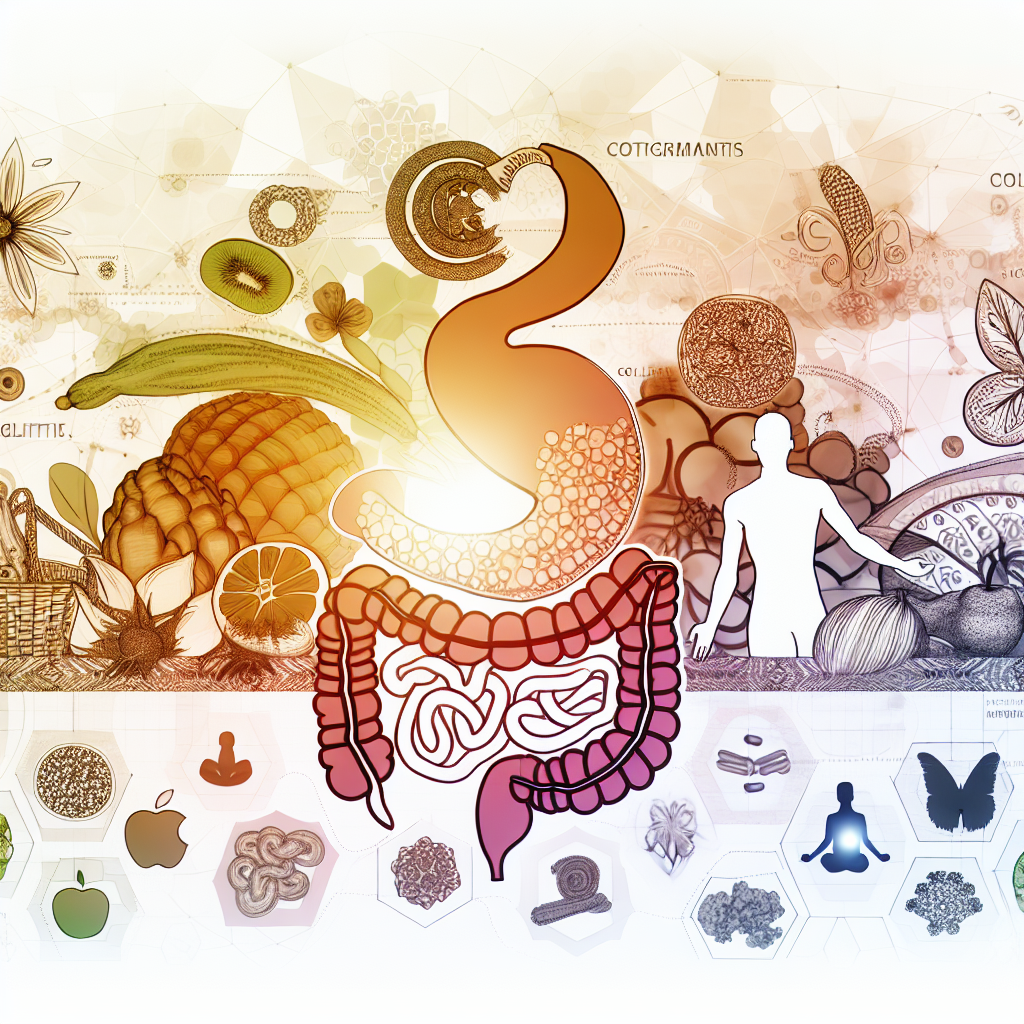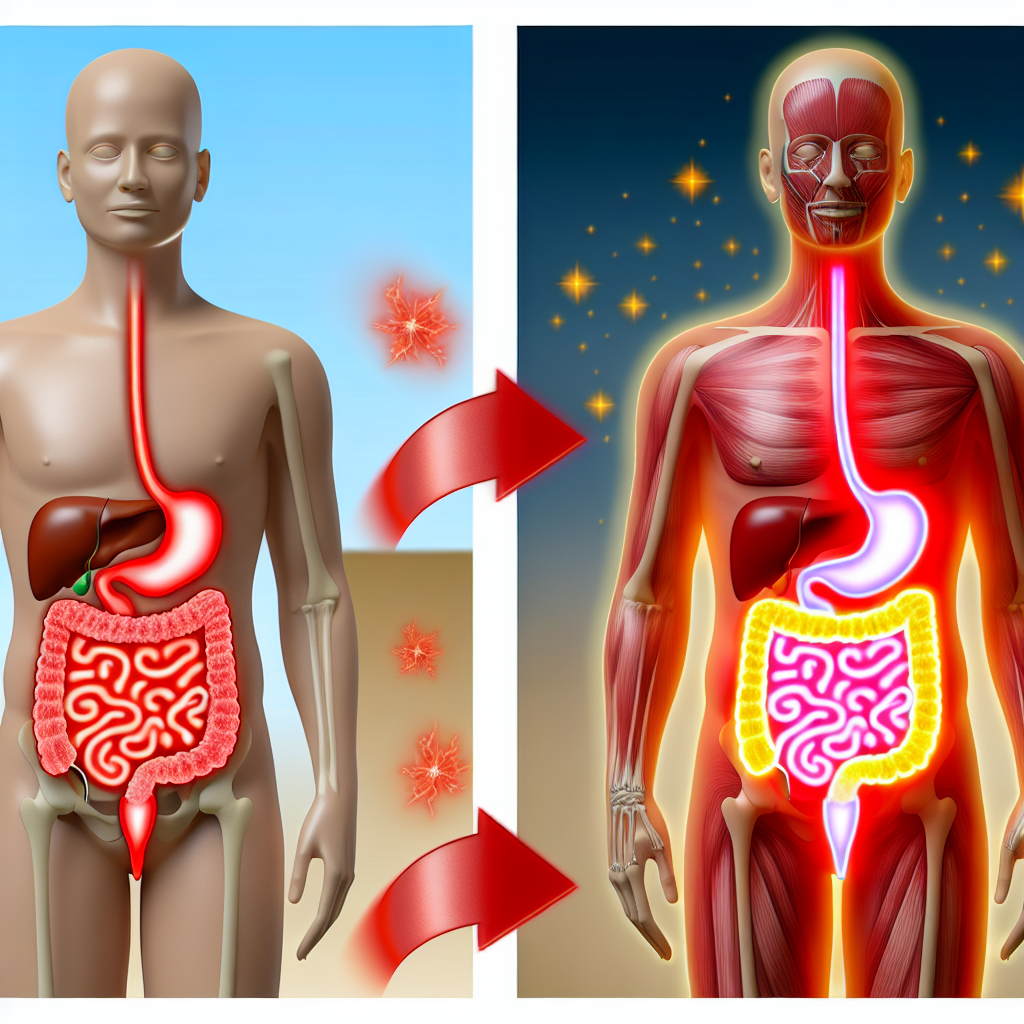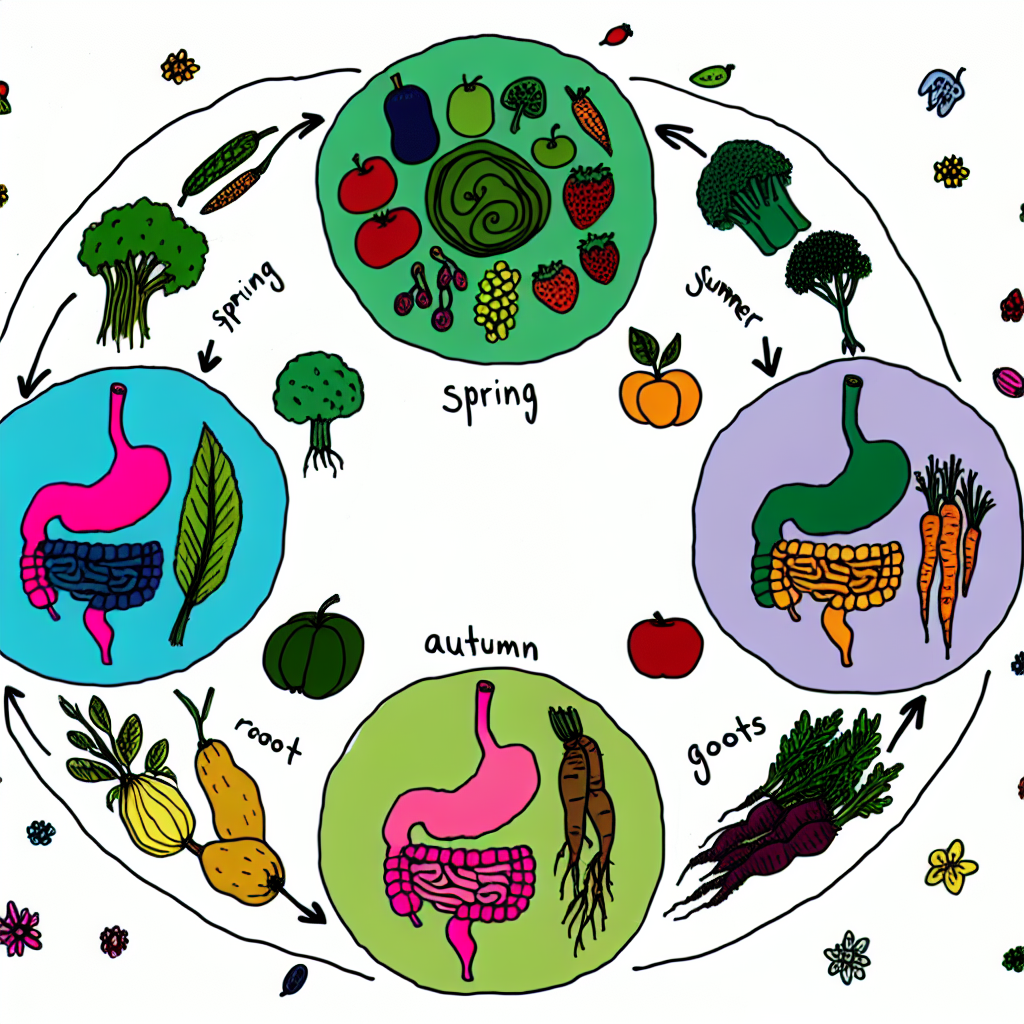# Postbiotics in Precision Medicine: Tailoring Bacterial Metabolites to Individual Needs
The Personalization Revolution: Postbiotics Meet Precision Medicine
Precision medicine—an approach that tailors treatment strategies to a person’s unique genetic makeup, environment, and lifestyle—is rapidly transforming the healthcare landscape. When applied to gut health, it opens the door to deeper insights into how individuals respond differently to microbial influences.
Postbiotics play a pivotal role here. Unlike live probiotics, they are non-viable, shelf-stable, and don’t pose risks like GI tract variability or microbial imbalances. This makes them ideal for immunocompromised individuals or those seeking a more targeted therapeutic approach.
With their specificity and safety profile, postbiotics provide a precise, natural solution to managing inflammation, metabolic conditions, immune dysfunctions, and even mood disorders—ushering in a new era of individualized gut therapy.
Postbiotics vs. Probiotics: The Feature-Packed Future of Gut Therapies
Research confirms that postbiotics are more than just metabolic leftovers—they’re agents of change within the body. A 2020 review in *Nutrients* revealed that short-chain fatty acids (SCFAs) like butyrate, propionate, and acetate enhance intestinal barrier function, support immune modulation, and inhibit pathogen colonization.
Butyrate, in particular, is known for its anti-inflammatory properties and its ability to provide energy to colon cells, directly supporting the integrity of the intestinal lining.
Equally compelling, a 2021 study in *Frontiers in Immunology* highlighted postbiotics’ ability to stimulate regulatory T cells (Tregs), which play crucial roles in managing autoimmune disease and chronic inflammatory conditions such as Crohn’s Disease and ulcerative colitis.
Safe for All Ages: A Natural Option for Pediatric and Geriatric Care
Postbiotics are especially valuable in populations where probiotic use raises safety concerns—like infants or the elderly.
A double-blind randomized controlled trial published in *Beneficial Microbes* found that heat-treated Lactobacillus strains (a form of postbiotics) significantly reduced gastrointestinal infections in children, without side effects linked to live bacterial treatments. This finding marks a major win for natural therapies with broad safety margins.
Precision in Action: How Postbiotics Are Custom-Tailored
The era of one-size-fits-all digestion supplements is ending. With stool sample sequencing and metabolomic profiling, healthcare professionals can now assess a person’s microbiome with remarkable precision.
For example, patients with Irritable Bowel Syndrome (IBS) may show reduced SCFA production. A tailored treatment could involve boosting specific microbial byproducts or supplementing with a prebiotic that drives SCFA generation.
This approach ensures that therapy is not only effective—but designed just for you.
Power Duos: Postbiotics and Herbal Synergy
Another exciting frontier is the synergy between postbiotics and herbal medicine. Natural compounds such as berberine, curcumin (from turmeric), and green tea polyphenols can enhance microbial metabolism, indirectly boosting beneficial postbiotic levels.
Backed by a study in the *Journal of Agricultural and Food Chemistry*, polyphenol-rich foods were shown to increase butyrate-producing bacteria and their key metabolic outputs, reinforcing the tailored power of postbiotic-herb combinations.
Mind Meets Microbiome: Postbiotics and the Gut-Brain Axis
Postbiotics don’t just impact digestive health—they communicate with your brain.
Through the gut-brain axis, postbiotics like GABA (gamma-aminobutyric acid)—a calming neurotransmitter—can modulate mental states. Certain Lactobacillus and Bifidobacterium strains have been found to produce GABA and other neuroactive compounds, helping ease anxiety and depression symptoms.
According to a study in the *International Journal of Molecular Sciences*, this microbial production is capable of influencing mood by acting on signaling pathways from gut to brain. As mental well-being becomes a major focus of holistic health, the inclusion of postbiotics offers a clean, targeted, and effective approach.
Redefining Gut Health: The Future Is Personalized and Natural
Postbiotics represent a paradigm shift in gut therapy—ushering in a future that’s safe, effective, and uniquely tailored. As our tools for microbiome analysis become more advanced and accessible, every individual can benefit from gut-balancing strategies built specifically for their body, lifestyle, and genetic profile.
By harnessing the power of microbial byproducts rather than live organisms, postbiotics offer a streamlined, high-impact route to optimized health and wellness—through nature, not pharmaceuticals.
Final Thoughts: Unlocking Tailored Wellness Through Postbiotics
Postbiotics encapsulate the best of modern science and ancient wisdom—using natural, predictable microbial metabolites as targeted interventions for a range of health concerns. Whether you’re managing digestive issues, seeking immune support, or optimizing your mood, these potent compounds have a place in your wellness plan.
Combined with personalized diagnostics, functional foods, and herbal allies, postbiotics position themselves as a cornerstone of future integrative care—precise, effective, and deeply natural.
References
– Tsilingiri, K., & Rescigno, M. (2013). [Postbiotics: what else?](https://www.wageningenacademic.com/doi/10.3920/BM2019.0136) *Beneficial Microbes*.
– Aguilar-Toalá, J. E., et al. (2018). [Postbiotics: An evolving term within the functional foods field](https://doi.org/10.1016/j.tifs.2017.11.008). *Trends in Food Science & Technology*.
– Plaza-Diaz, J., et al. (2017). [Evidence of the Anti-Inflammatory Effects of Probiotics and Synbiotics in Intestinal Chronic Diseases](https://www.ncbi.nlm.nih.gov/pmc/articles/PMC7231271/). *Nutrients*, 9(6), 555.
– Rodríguez-Daza, M. C., et al. (2021). [Polyphenol-Microbiota Interactions and Their Implications for Human Health](https://pubs.acs.org/doi/10.1021/jf504531u). *Journal of Agricultural and Food Chemistry*.
– Carabotti, M., et al. (2015). [The gut-brain axis: interactions between enteric microbiota, central and enteric nervous systems](https://www.ncbi.nlm.nih.gov/pmc/articles/PMC4367209/). *Annals of Gastroenterology*.
– [Frontiers in Immunology, 2021](https://www.frontiersin.org/articles/10.3389/fimmu.2021.648162/full)
– [International Journal of Molecular Sciences (2019)](https://www.mdpi.com/1422-0067/20/17/4279)
**Concise Summary (100 words):**
Postbiotics, the metabolic byproducts of beneficial gut bacteria, are revolutionizing personalized medicine. Unlike live probiotics, these natural compounds offer tailored, safe solutions for managing inflammation, immune conditions, and even mood. By harnessing the power of short-chain fatty acids, enzymes, and neuroactive substances, postbiotics are becoming a cornerstone of integrative care. With the rise of precision diagnostics, healthcare providers can now customize postbiotic therapies to the individual, ushering in a new era of personalized gut optimization.

Dominic E. is a passionate filmmaker navigating the exciting intersection of art and science. By day, he delves into the complexities of the human body as a full-time medical writer, meticulously translating intricate medical concepts into accessible and engaging narratives. By night, he explores the boundless realm of cinematic storytelling, crafting narratives that evoke emotion and challenge perspectives.
Film Student and Full-time Medical Writer for ContentVendor.com




